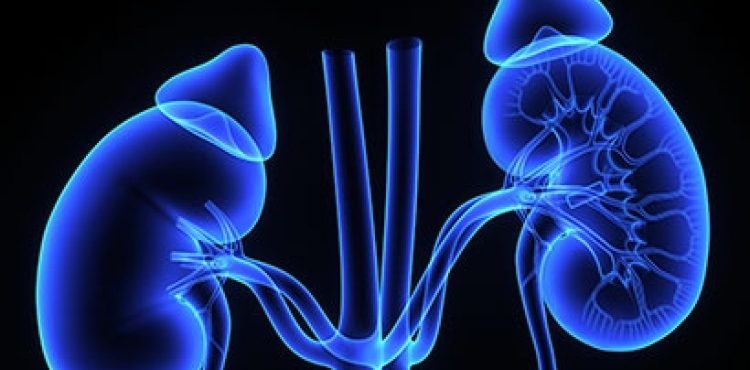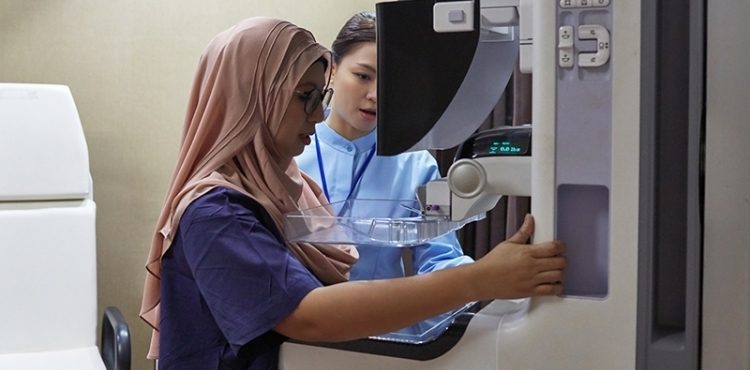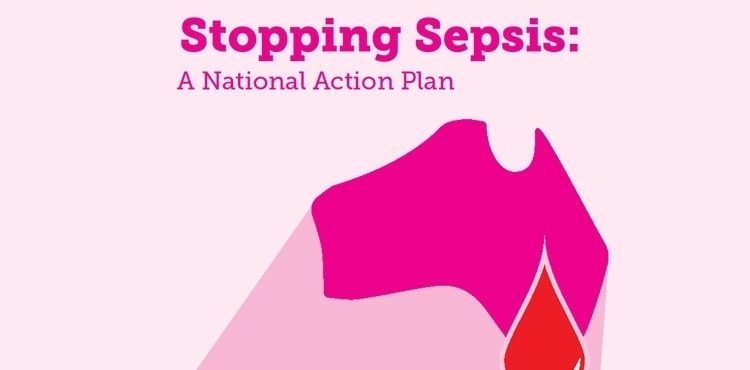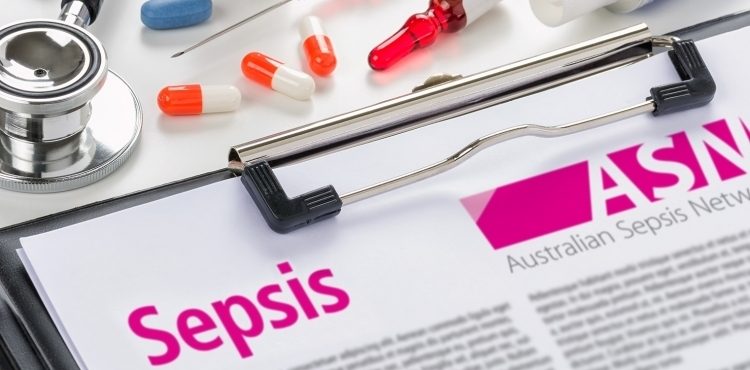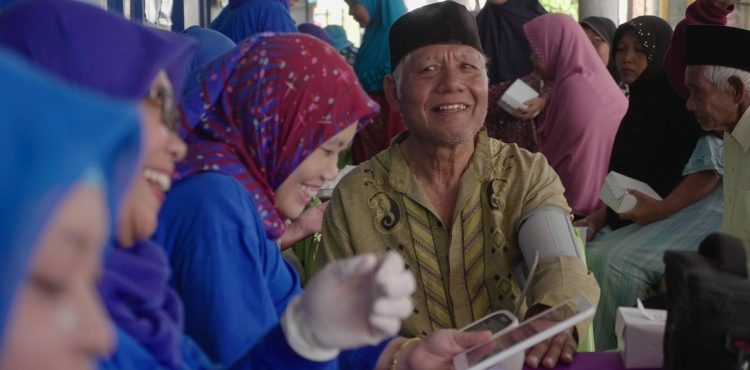SMARThealth is a mobile device-based clinical decision support system developed by The George Institute for Global Health that allows community health workers to assess cardiovascular (CVD) risk using basic equipment and refer those at high risk to nurses or physicians for further consultation.
CVD is estimated to be the cause of one third of all deaths in Indonesia in 2016, but current data suggests that less than one third of those with moderate to high risk of CVD receive any preventive care.
A recent study involving rural villagers in Malang, Indonesia, who were identified as being at high risk of cardiovascular disease, was set up to evaluate how effective SMARThealth could be when used within a complex local health system.
SMARThealth resulted in a significant increase in the use of optimal combinations of preventive medications (a blood pressure lowering drug together with a statin and aspirin in those with previous CVD) among highrisk people. In particular, SMARThealth resulted in large increases in the use of blood pressure lowering drugs in the intervention villages compared to the control villages reductions in blood pressure. Following the success of this study, the Malang district government is now aiming to scale-up SMARThealth to around 400 villages over the next three years.
A consortium of researchers including the George Institute for Global Health, the University of Brawijaya and the University of Manchester have been funded by the Australian National Health and Medical Research Council to provide technical assistance for, and to evaluate, this scale-up.
The Malang study was funded by Give2Asia on the recommendation of The Pfizer Foundation and NHMRC program grant APP1052555. The Pfizer Foundation is a charitable organisation established by Pfizer Inc. It is a separate legal entity from Pfizer Inc. with distinct legal restrictions.
Read more about this research here.
More about SMARThealth impact here.



